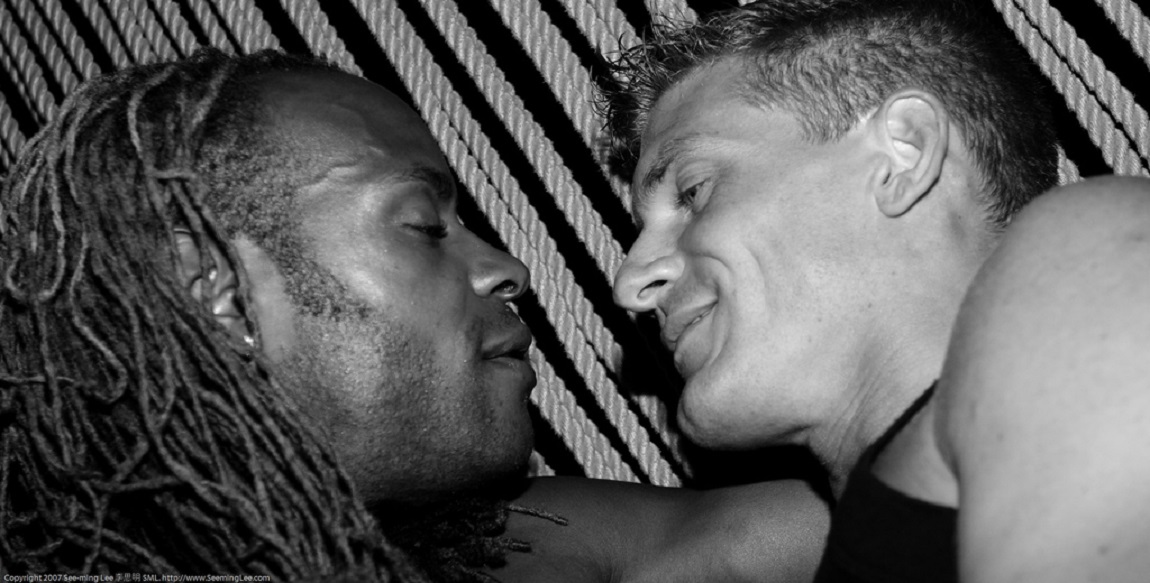I make it a point to tell anyone I date that I once had a partner that died of AIDS. So many loved ones have lost their lives because of the stigma attached to HIV, and I refuse to enter into a relationship with someone who carries those prejudices, writes ANGELO C LOUW.
The unfortunate reality is that, for many, I must have HIV by virtue of the fact that my partner of five years did. The idea alone is hard for them to deal with; my single status is testament to that.
The response I almost always get has become so predictable that I have prepared cues for the flood of questions that follow – as well as the eminent break-up texts:
“Yes, I did know he was HIV-positive. I loved him. That didn’t matter to me.”
“Don’t feel bad. It was very hard to deal with when he died, but many years have passed and I am able to move forward.”
“Of course I have tested since then; I test every six months.”
“Okay. I understand.”
I do understand why they leave; HIV has devastated our community. Black MSM (men who have sex with men) account for 50% of all new HIV infections in the U.S. and around 50% of all black MSM in South Africa are HIV-positive. It is scary. But, you would think that we’d know better considering how prominent it is among us.
Instead, we continue to shy away from it as if it doesn’t exist. Many of the men I’ve dated would not have given it a second thought if I had not brought it up in the first place. They feel like they’ve dodged a bullet, but the truth is that they are probably not going to have a conversation like that with the next person they are trying to get with.
The fear of HIV has scared so many people into silence. Guys don’t ask questions, afraid of what they will hear; and others, too scared to disclose their positive status because they are not only afraid of rejection, but the social consequences that might follow the discovery of their secret.
A few years ago, the South African government conducted a study on the effect that stigma had on HIV and found that it had a profound impact of the number of new HIV infections and was the leading cause of AIDS-related deaths.
People are so scared of what others will say that they’d rather not seek the sexual reproductive health services they need to stay healthy or medication they’d need to stay alive. They would rather die than be labelled HIV-positive, even the insinuation of it. And they have every reason to feel that way. Ostracisation is real – trust me, I know.
So, why would I put myself through all of this?
First of all, I will not disrespect the memory of a remarkable human being by acting as if they never existed. That man contributed too much to my life and to my development to be swept under any rug.
Secondly, I refuse to perpetuate a cycle that caused the death of someone I planned to grow old with. Why let someone else go through the pain I experienced because I selfishly want to fit in or be loved? The more I speak about it, hopefully, the more others do – even if it is just gossip, let them talk!
But, I think most importantly, I am looking for someone who will accept me with all of my baggage. I feel like that’s a true sign of love or like, and of course maturity.
If someone is going to run for the hills because they think I might be sick, then by all means, let them. Because if the final question they ask me isn’t “When do we get tested together?” then we’re just not in the same mental space anyways.
World AIDS Vaccine Day, also known as HIV Vaccine Awareness Day, is observed annually on May 18. HIV vaccine advocates mark the day by promoting the continued urgent need for a vaccine to prevent HIV infection and AIDS.
Angelo C Louw is the advocacy officer at Studies in Poverty and Inequality Institute (SPII). He is also a Fulbright/Hubert H. Humphrey Fellowship 2016-2017 awardee. He writes in his personal capacity.
The views expressed in this article are the author’s own and do not necessarily reflect the editorial policies of The Daily Vox.









